PREVIOUS
The Election commission of India and Elections History - Part 9
May 21 , 2024
13 days
245
0
(இதன் தமிழ் வடிவத்திற்கு இங்கே சொடுக்கவும்)
10th Lok Sabha (1991 / 1996)
- Winning party: Indian National Congress
- Prime Minister: P.V. Narasimha Rao
- Term in office: June 21, 1991 - May 16, 1996
- Leader of the Opposition: L.K. Advani and Atal Bihari Vajpayee (from July 1993 to May 1996)
- Speaker: Shivraj Patil
- Term: July 10, 1991 - May 22, 1996
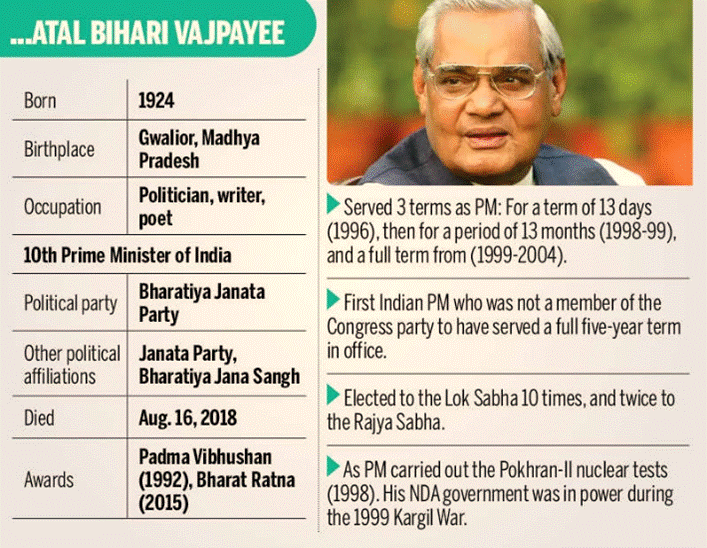
Overview:
- P.V. Narasimha Rao assumed office one month after Rajiv Gandhi’s assassination, embarking on a path of economic liberalization.
- The tenure was marked by Mandal-Mandir politics, with implementation of OBC reservations and the Ram Janma bhoomi movement leading to the Babri Masjid demolition.
- Secessionist threats emerged in Punjab, Assam, and Jammu & Kashmir.
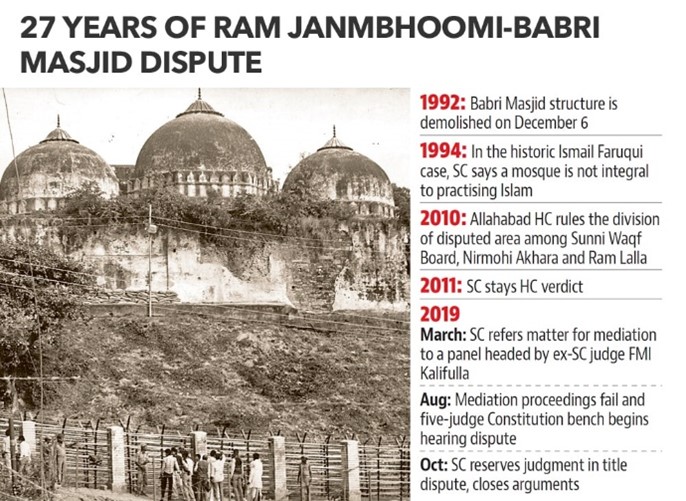
Parliamentary Activity:
- The Tenth Lok Sabha sat for 2,528 hours in 423 sittings held during 16 sessions.
- Discussions on law and order, particularly in Punjab and Kashmir, were prominent.
- Rao’s economic policies focused on progressive liberalization to address economic challenges like inflation, fiscal deficit, and foreign debt, diverging from Congress’s previous socialist leanings.
Key Events:
- The Mandal and Mandir issues flared up again in 1992.
- Narasimha Rao initiated significant economic reforms, reshaping India’s economic policy and ushering in the liberalization era.
- The demolition of the Babri Masjid and the Mandal Commission report fuelled communal divisions and violence across the country.
11th Lok Sabha (1996 / 1998)
- Winning Party: No clear majority; United Front (coalition) formed the government with the support from Congress.
- Prime Minister(s):
- Atal Bihari Vajpayee led the BJP government between May 16, 1996 to June 1, 1996.
- H.D. Deve Gowda and I.K. Gujral headed the Janata Dal-led United Front between 1996 to 1998.
- Term(s) in Office: May 23, 1996 - March 23, 1998
- Leader of the Opposition: Sharad Pawar of the Indian National Congress was a notable opposition figure.
- Speaker(s) of the House: P.A. Sangma
Overview:
- The eleventh sitting of the Lower House reflected the turbulence of Indian politics in the late Nineties.
- No party gained a majority, leading to short-lived governments.
- Coalition dynamics and regional party influence on national politics strengthened.
- Corruption scams, rising insurgency, communal tensions, and passage of legislations like the women’s reservation Bill were dwelt upon by this Lok Sabha.
Election Results:
- Bharatiya Janata Party (BJP): 161 seats
- Indian National Congress (INC): 140 seats
- Janata Dal: 46 seats
Coalition Dynamics:
- A three-way contest unfolded between the ruling Congress, BJP, and a broad alliance of regional governments under the United Front coalition.
- Each pitched alternative visions of a 'secular' government.
Government Formation and Collapse:
- The BJP formed the government with Atal Bihari Vajpayee as Prime Minister but collapsed within 13 days due to coalition instability.
Challenges Faced:
- Responding to concerns of abuse of authority and corruption scandals, including the Jain diary-linked hawala case and Bihar's cattle feed scam.
- Ten politicians, including BJP leader L.K. Advani, were charged with bribery.
- Additionally, Janata Dal President Lalu Prasad Yadav was investigated in the ₹960 crore fodder scam.
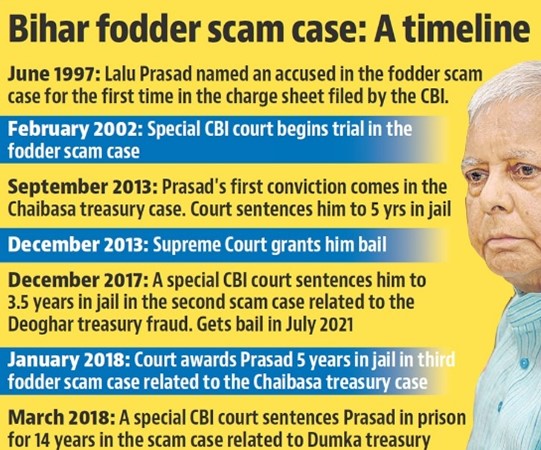
Communalism and Regional Tensions:
- Rising communal tensions and separatist insurgency in some areas were countered by Prime Minister Gowda's promise of “maximum autonomy” to Kashmir.
- The United Front coalition emphasized economic upliftment without religious bias.
- They unveiled an ambitious budget with lower tax rates.
Foreign Policy Focus:
- Gujral’s tenure focused on the ‘Gujral Doctrine’, aimed at strengthening ties with neighbours and settling disputes peacefully.
- Policy success was reflected in improving relations with countries like Bangladesh and Sri Lanka.
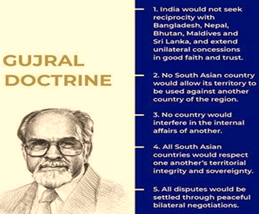
Legislative and Party Challenges:
- Opposition within the coalition to the Women’s Reservation Bill, leading to its stalling due to political issues.
- Fragmentation within parties, particularly the Janata Dal, due to ideological differences on caste, class, and economic issues.
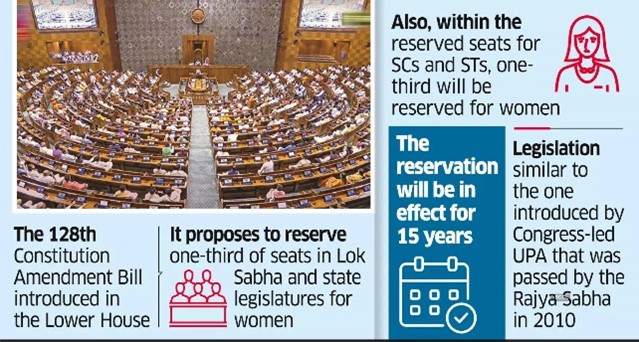
Congress Withdrawal and New Elections:
- Congress withdrew support twice, in March 1997 and November 1997, resulting in another hung parliament.
- 1998 elections marked by the rise of caste-based and regional politics amid disillusionment with the Congress government.
12th Lok Sabha (1998 / 1999)
- Winning Party: Bharatiya Janata Party (BJP) led National Democratic Alliance (NDA)
- Prime Minister: Atal Bihari Vajpayee
- Duration: Shortest-ever, from March 10, 1998, to April 26, 1999.
- Leader of the Opposition: Sonia Gandhi, representing the Indian National Congress, the largest party in opposition.
- Speaker: G. M. C. Balayogi
- Term: March 24, 1998 - March 3, 2002 (covering the 12th Lok Sabha and part of the 13th)
Overview:
- Government Type: Coalition governance under the BJP-led National Democratic Alliance.
- Leadership: Atal Bihari Vajpayee served his second term as Prime Minister, elevating BJP's Hindu nationalist agenda nationally.
Election Results:
- Seats: Indian National Congress won 141 seats, and Communist Party of India (Marxist) secured 32 seats.
Achievements:
- Pokhran Nuclear Tests: Conducted two months into the session, the Pokhran II tests symbolized India's self-confidence and potential.
- ISRO Achievement: India launched its most advanced satellite during this period, showcasing significant progress in space science and technology.
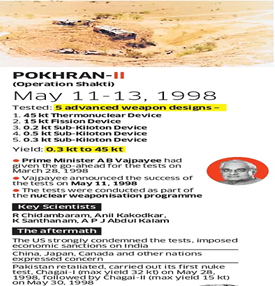
Key Events:
- Delhi-Lahore Bus Service: Inaugurated by Vajpayee, aiming to build bridges with Pakistan despite strained relations.
- Kargil War: Emerged as a major national security challenge, testing Vajpayee's leadership during the conflict.
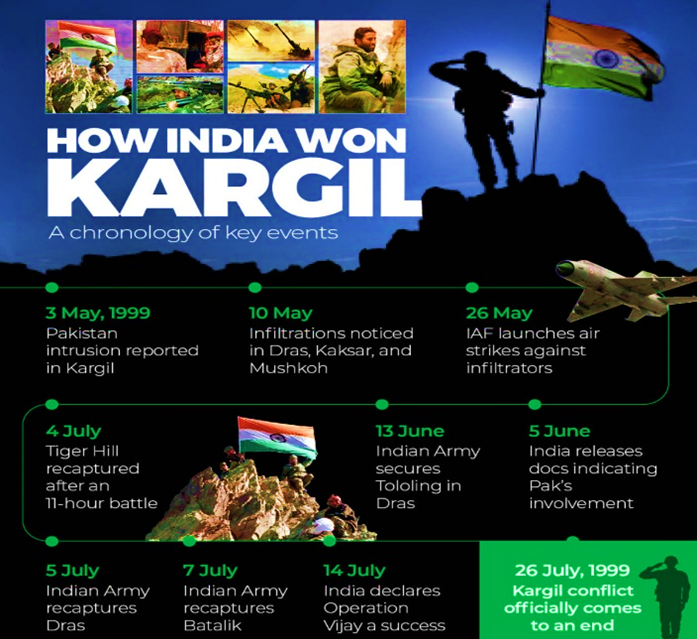
Coalition Challenges:
- Withdrawal of Support: Jayalalitha withdrew support from the coalition in April 1999, leading to instability.
- Failure to Attain Majority: BJP failed to secure a majority, leading to the collapse of the Vajpayee-led government.
Leadership Decision:
- Decision by Sonia Gandhi: Chose not to offer to lead the government due to various factors, including her foreign origins.
Premature Dissolution:
- The Lok Sabha dissolved prematurely, reflecting the challenges of coalition politics and instability.
- Atal Bihari Vajpayee's leadership elevated the Bharatiya Janata Party to national prominence.
13th Lok Sabha (1999 / 2004)
- Winning Party: Bharatiya Janata Party (BJP) led National Democratic Alliance (NDA)
- Prime Minister: Atal Bihari Vajpayee
- Term: October 13, 1999 – May 22, 2004
- Leader of the Opposition: Sonia Gandhi of the Indian National Congress
- Speaker: Manohar Joshi
- Term: May 10, 2002 - June 2, 2004 (after G. M. C. Balayogi)
Overview:
- Stability: Marked by a sense of stability, it was the first non-Congress government to complete a full term.
- Leadership: Atal Bihari Vajpayee's third term as Prime Minister was characterized by economic and infrastructural reforms.
Election Details:
- Phases: Elections were held in five phases between September 5 and October 3, 1999.
- EVM Pilot: Introduction of electronic voting machines (EVMs) during this election.
- Results: BJP emerged as the clear winner with 182 seats, followed by Indian National Congress (114 seats) and Communist Party of India (Marxist) with 33 seats.
Key Initiatives:
- Infrastructural Projects: Launch of Golden Quadrilateral Project and Pradhan Mantri Gram Sadak Yojana, transforming India’s road connectivity network.
- Education: Launch of Sarva Shiksha Abhiyan in 2001 aimed at universalizing elementary education.
- Privatization: Expansion of the scope of privatization under the NDA government.
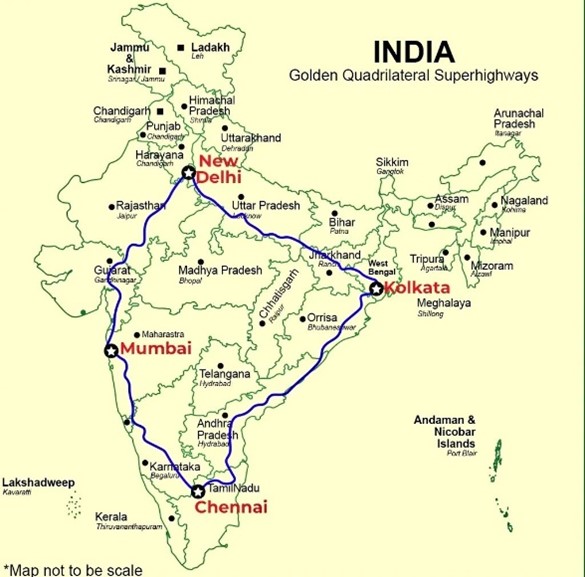
Legislation:
- Prevention of Terrorism Act (POTA): Introduced in response to the attack on Lok Sabha on December 13, 2001, attributed to Pakistan-based terrorist organizations Lashkar-e-Taiba and Jaish-e-Mohammed.
Peace Efforts:
- Diplomatic Efforts: Continued efforts to achieve peace with Pakistan, including Vajpayee's visit to Pakistan for the South Asian Association for Regional Cooperation (SAARC) Summit in January 2004.
- Assurance: Pakistan President Pervez Musharraf assured India of not allowing Pakistani territory to be used for supporting terrorism.
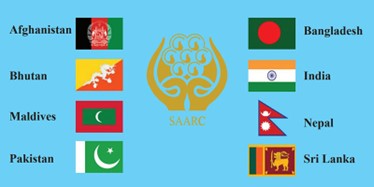
Challenges:
- Gujarat Riots: Criticism faced for the handling of the Gujarat riots, with Vajpayee announcing rehabilitation packages and central assistance for victims.
- Election Campaign: BJP's "India Shining" campaign, perceived as a mistake by some, led to early elections in 2004.
Dissolution:
- The 13th Lok Sabha was dissolved on February 5, 2004.
14th Lok Sabha (2004 / 2009)
- Winning Party: Indian National Congress led United Progressive Alliance (UPA)
- Prime Minister: Manmohan Singh
- Term: May 22, 2004 - May 22, 2009
- Leader of the Opposition: L.K. Advani (BJP)
- Speaker: Somnath Chatterjee
- Term: June 4, 2004 - May 30, 2009
Overview:
- Return to Power: Congress formed the United Progressive Alliance (UPA) and led the 14th Lok Sabha to a full term.
- Prime Minister: Manmohan Singh led the government during this period.
Election Details:
- Introduction of EVMs: Electronic Voting Machines (EVMs) made their debut, saving significant paper and reducing the number of polling stations.
- Constituency Changes: New states were formed, leading to changes in constituency distribution.
Results:
- Congress Performance: Congress emerged as the single largest party with 145 seats and 26.53% of votes.
Challenges:
- Internal Security: The 26/11 attacks in Mumbai posed a significant challenge to internal security during this period.
Key Legislations:
- Right to Information (RTI) Act: Passed during this tenure, promoting transparency and accountability in governance.
- National Rural Employment Guarantee Act (NREGA): Enacted to provide employment opportunities in rural areas.
- Indo-U.S. Civil Nuclear Deal: Signed by Manmohan Singh, elevating India's position as a nuclear power.
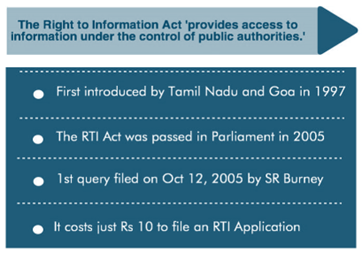
Economic Growth:
- Fastest Growth Period: Despite the Global Financial Crisis of 2008, India witnessed the fastest period of economic growth rate between 2004 and 2009.
Dissolution:
- The Lok Sabha was dissolved on May 18, 2009.
Leave a Reply
Your Comment is awaiting moderation.


